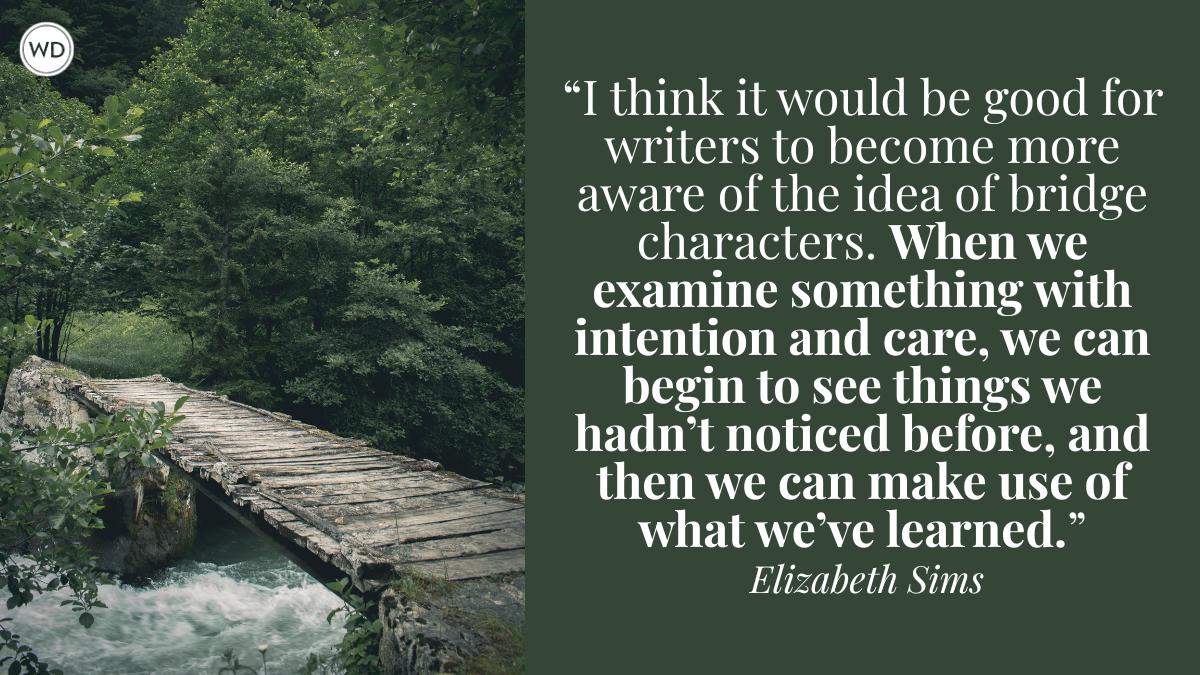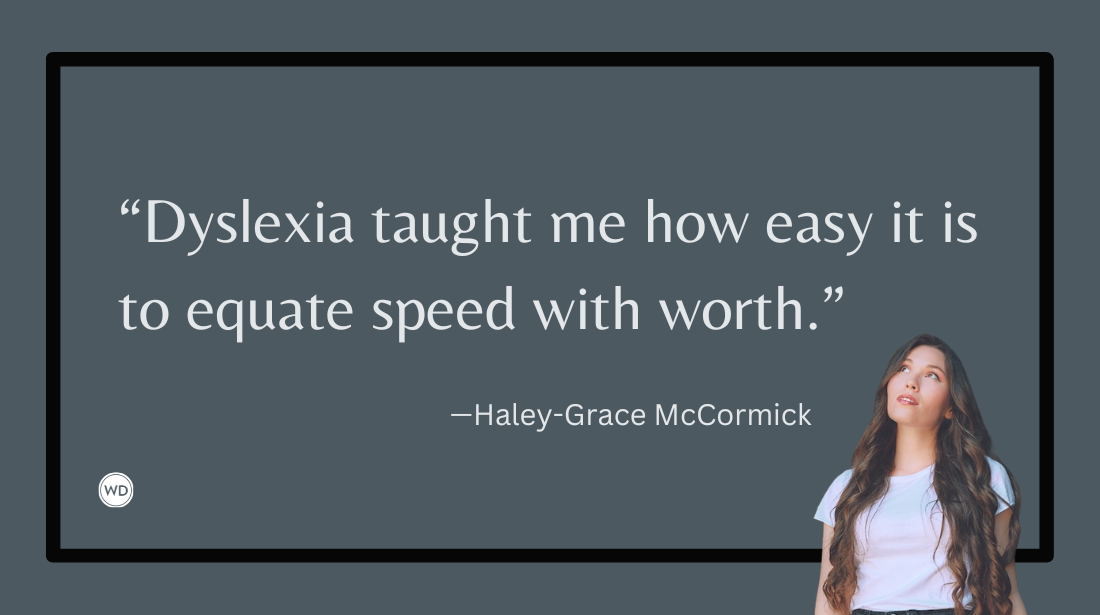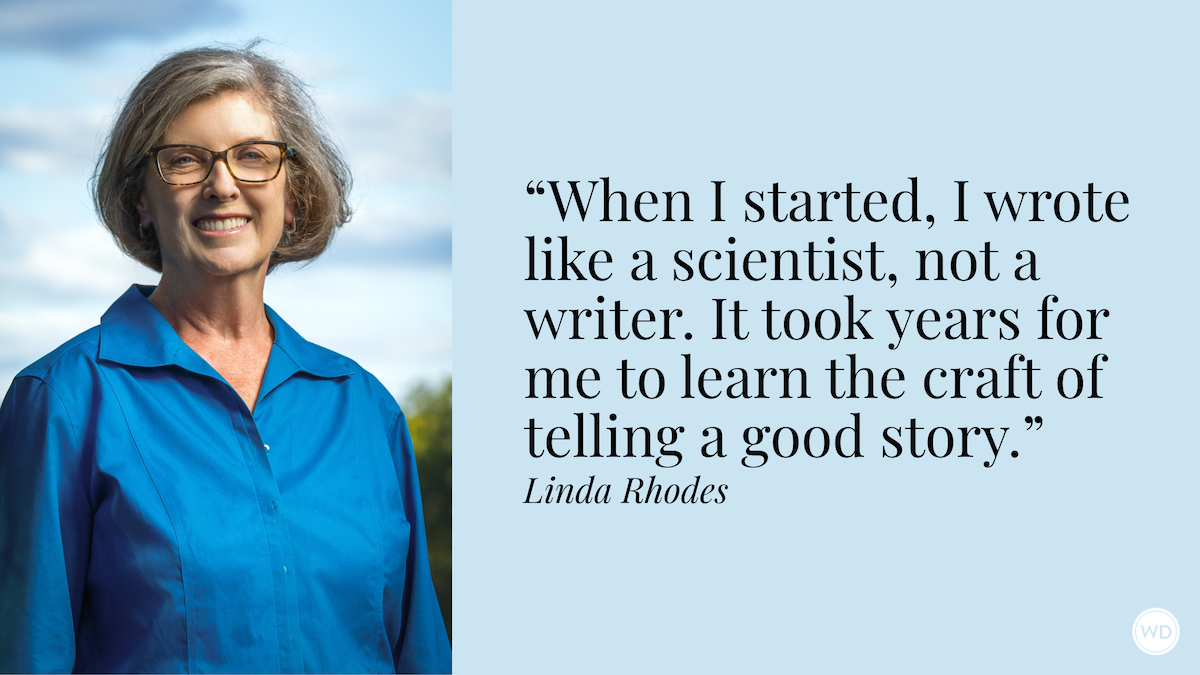A Conversation With Lauren Myracle on Breaking the Rules by Writing Across Ages and Genres (Killer Writers)
Clay Stafford has a conversation with bestselling author Lauren Myracle on writing for different ages, being banned, and more.
If you’ve ever been told to “pick a lane” as a writer, Lauren Myracle is here to say: Don’t. She has written for kids, teens, and adults, and somehow managed to stay true to herself in the process. Our talk ranges from the joy of writing for 11-year-olds to the challenges of plotting an adult novel, to what happens when your books land on the banned lists. Spoiler: She doesn’t scare easily.
“Lauren, you’ve written everything from picture books to edgy young adult novels to stories for adults. How do you mentally shift gears between those audiences without losing your creative center?”
“Only one book for adults so far, though I’m working on another. Plays Well with Others was my first. That book took forever, but I loved it. Writing for kids comes naturally. Part of it is that I remember my childhood so vividly. My husband doesn’t remember his at all, but I can name every teacher I had, every friend’s last name, even the small humiliations and kindnesses. That makes it easy for me to slip into a child’s head. When I write for kids, that’s the gift. I can still be nine or 11 without much effort. The challenge is plot and structure. I’m strong on character, voice, and emotions. With adults, the big hurdle was pacing. The joy was that with adults, I could finally write the ugly thoughts in a character’s head without censoring myself. With kids, you don’t want to crush their souls. But with adults, I could push into darkness. That was liberating.”
“When you sit down to begin a project, what tells you it’s a middle-grade story, a teen story, or an adult story?”
“Honestly, when I first started, I didn’t know. I was so naïve about publishing categories. I didn’t understand aspirational reading, that if your audience is nine, your protagonist should probably be 11, acting slightly younger but aspirational. I just wrote age-true characters. Now I realize it depends on whose story it is. If the central concern is a 10-year-old worried about fifth grade, that’s a children’s book. If the focus is on the mother trying to manage her child’s disability, that’s an adult book. The perspective of the character with the most at stake tells you who the audience is.”
“Writers are often told to stick to one lane and build a brand. How have you resisted that pressure?”
“People always asked, 'What’s your brand?’ And I’d say, ‘I’m not a brand. I’m a human.’ The truth is, I’ve never been a savvy marketer. I’m just a storyteller. I write the stories that call to me. That’s not always the smartest career choice. If you want to build a reliable income, sticking to one lane probably helps. But I couldn’t. And maybe it’s stubbornness. When I was young, I was told over and over that I wasn’t good enough. In college, I wasn’t chosen for the advanced classes. In grad school, same story. Back then, we mailed physical manuscripts. I’d spend hours in the library with the publisher database, typing up query letters. Over the course of five years, I sent 148 queries for five different novels that will never see the light of day. Finally, I got one ‘nice’ rejection letter. That rejection led to my first publication. So, when people started telling me, ‘Pick a lane,’ I thought, ‘I’ve been told no all my life. Why would I start listening now?’”
“That’s interesting. My career’s been eclectic too. I’ve bounced between film, television, books, and teaching. People ask, ‘Why so many jumps?’ Honestly, it’s because I love stories. I grew up in Appalachia, Eastern Tennessee. We weren’t wealthy, but we had stories to tell. That was what kept us going. My relatives didn’t have running water or electricity. We slept in feather beds made from our own chickens. But everyone could tell a story, and that oral storytelling culture shaped me.”
“My dad grew up that way too: Brevard, North Carolina, then Milan, Tennessee, the son of cotton farmers. No electricity, no plumbing. He’s a wonderful storyteller, gentle and thoughtful, who taught me to love books and nature and to have the courage to write. I think those Southern roots matter. They make us storytellers first.”
Check out Lauren Myracle's Plays Well With Others here:
(WD uses affiliate links)
“They do. And sometimes that means breaking rules.”
“Absolutely. Speaking of chickens, did your family chop or swing?”
“We chopped. Quick and clean. Then you throw them away from you because they run. You don’t want them running back at you, spurting blood.”
“My mom did the swing-around thing. I never killed a chicken myself. But see? Already we’ve got blood, hatchets, corpses running amok. That’s what makes us Southern Gothic storytellers.”
“Next thing, we’ll be quoting Flannery O’Connor.”
“And I’d be fine with that.”
“Don’t you think readers are more intelligent than the industry gives them credit for? That they don’t always want the same predictable thing?”
“Yes, but we have to be careful not to be snobby. Some readers want the Olive Garden of books. They want the breadsticks. They want the comfort of knowing exactly what’s coming. That’s valid. But for me, I’d rather surprise people. I want to write something unexpected. Stephen King has done that brilliantly. He writes across genres, and readers follow him. That’s what I admire, the freedom to go wherever the story leads.”
“You mentioned challenges with plotting. How do you think about craft when you move between audiences?”
“For me, it’s like method acting. I’m not an actor, but I try to become that person. When I write for kids, I slip easily into an 11-year-old’s head. The difficulty is plot. With adults, structure is everything. But the joy was that I could go darker. I could show thoughts that kids’ books can’t hold. That felt like being given full rein, no speed limit.”
“I think you’ve got a little bit of Napoleon in you. ‘I am the brand.’”
“I wish. I didn’t succeed. I didn’t conquer. And I didn’t have an elephant. But yes, I suppose that spirit is in there.”
“What about editors?”
“Editors make the world go round. I’m a terrible first drafter and a strong reviser. For years, I had one editor who trusted me completely. I’d hand her a messy manuscript with a seed of something good, and together we’d make it flourish. That gave me the courage to write freely. Now that I’m writing adult fiction, I have to think more strategically about reader expectations, about market realities. That feels strange. But I still protect the messy, playful first draft space.”
“And you’ve had your books banned and challenged. How did that affect you?”
“The first time I got an email saying ttyl was the third most banned book in the country, my stomach dropped. I was a good Southern girl. I thought, ‘Oh my God, I’ve been bad.’ Then my editor and publicist said, ‘This is great news.’ Since then, I’ve been the number one most-banned author in the country. Weekly, I get a notice: ‘Brownsville, Tennessee, is really on your case.’ It’s almost always about female sexuality or LGBTQ themes. Because my teenage characters, guess what, talk about sex. And apparently, that’s dangerous.”
“From a publicity perspective, scandal sells.”
“Exactly. It hurt, but it also raised my profile. That’s the paradox.”
“What’s your sweet spot as a writer?”
“Nine to 11. I adore that age. They’re curious, open, not yet swallowed by phones. Technology complicates teen fiction. TikTok and Snapchat are fertile ground, but I don’t know that landscape as well as teens do. But the life of a nine-year-old today isn’t that different from mine at nine. Adult fiction feels like a game. You know your readers are experienced. They’ve read a thousand books. My job is to surprise them, delight them, maybe even make them cry, but never bore them.”
“You’ve resisted rules your whole career. Have you paid a price for that?”
“I’ve been slapped on the wrist plenty of times. But I’d rather take the heat than follow rules that don’t serve the story.”
“That’s the rebellion, then.”
“Persistence. You can’t give up. Writing isn’t waiting for the muse. It’s a profession. You improve with practice. You show up. You don’t burn bridges. And sometimes the riskiest project is the one readers are most eager for. Take Legends & Lattes. People thought it would never succeed. It exploded. Readers want freshness. They want to be surprised.”
“Do you see a through line in your work?”
“Maybe resilience. Maybe quirky, irreverent characters who are secretly Anne of Green Gables, wanting to be good, but forced to deal with creepy, messy worlds. Flannery O’Connor is an influence, too. I love Southern Gothic. When I got my MFA, they told us that every children’s book had to have a happy ending. I thought, ‘Why? That’s not life.’ My work doesn’t always end happily, but it ends with resilience. That’s my through line.”
“Woody Allen was once the only person at Universal who could turn in a project without even telling them what it was. That kind of freedom is rare.”
“And enviable. That’s the dream: to earn the freedom to write whatever story comes.”
“For writers who want to cross genres, what’s your parting advice?”
“Be aware of your choices. If you want stability, it may be harder if you jump around. Some authors publish under different names to cater to different audiences. That’s a smart strategy. But at the end of the day, if you write what you truly want, you’re more likely to create something amazing. Writing isn’t just about strategy. It’s about joy. If you’re enjoying yourself, that joy is evident in your work.”
“Then let’s call it what it is: a rebellion.”
“Let’s start it right now.”
_____________________________________________
Lauren Myracle is a #1 New York Times bestselling author. She lives in Madison, Wisconsin, with her husband and three cats, who may or may not be plotting to frame her for their next act of mischief. https://www.laurenmyracle.com/books-for-adults








